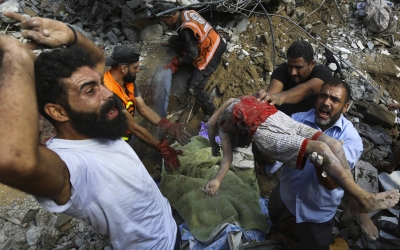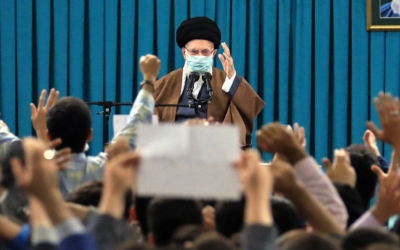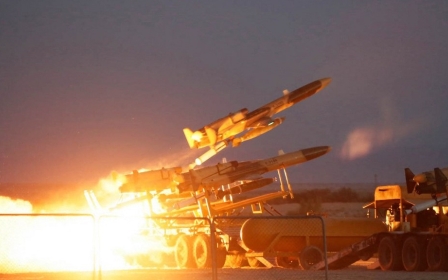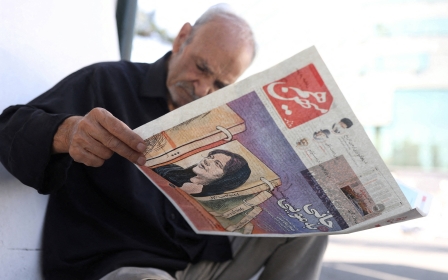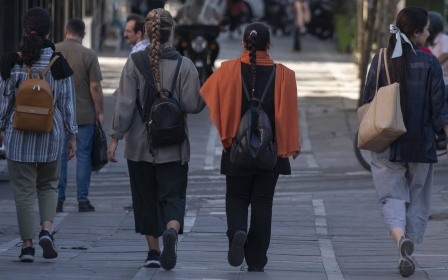Iranian press review: Outrage at jail terms for journalists who broke news of Mahsa Amini's death
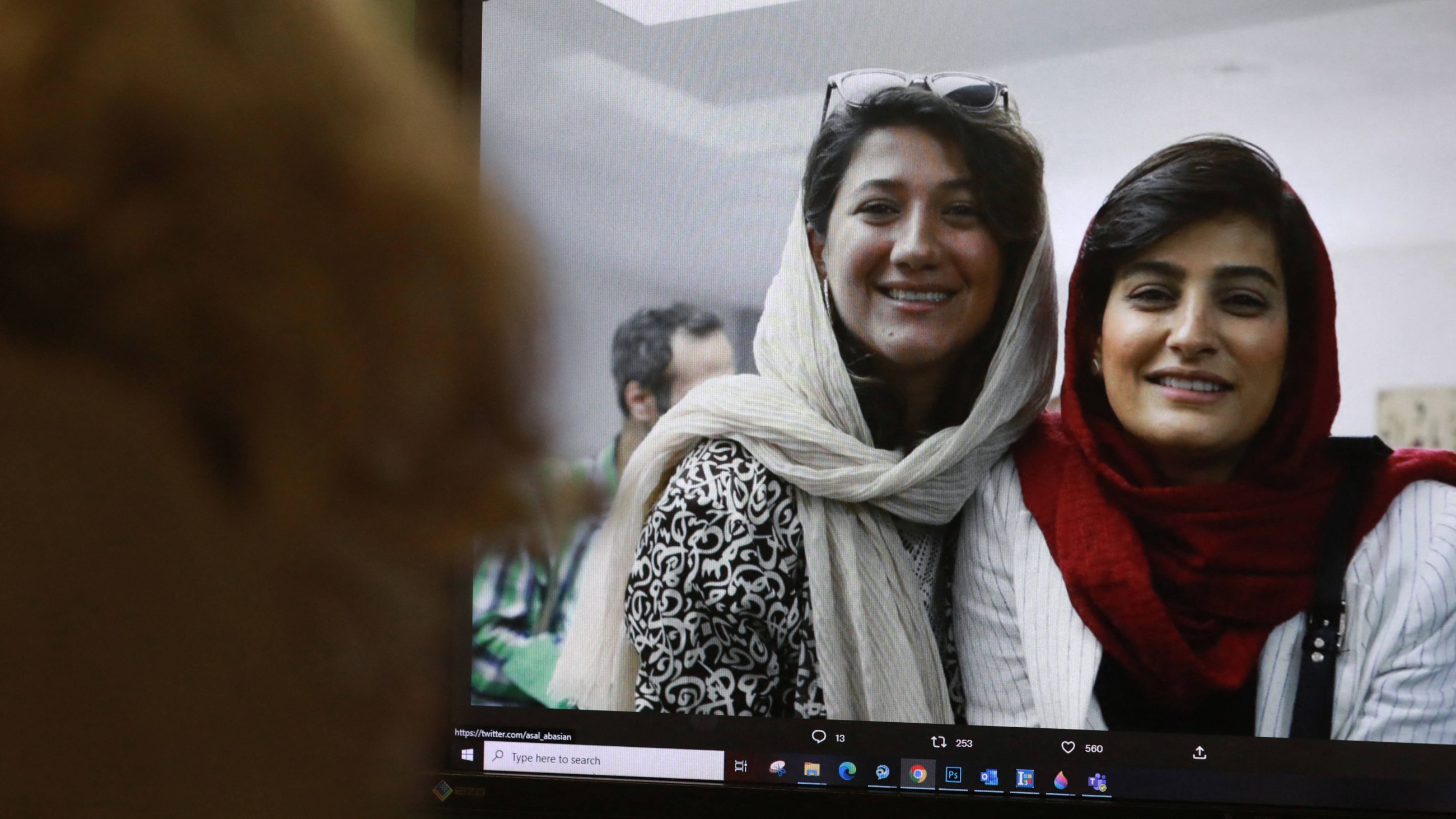
Journalists' jail terms ignite outcry
Iran's sentences of lengthy prison terms for the two journalists who first reported on the death of Mahsa Amini in police custody last year and on her funeral have sparked anger among Iranians.
Elahe Mohammadi and Niloufar Hamedi were sentenced to 13 and 12 years in jail respectively on 22 October. The journalists were arrested in September 2022 for their reporting on Amini, whose death led to nationwide anti-establishment demonstrations during which more than 500 protesters were killed.
The Tehran Association of Journalists in a statement criticised the country's judicial system and held Iran's morality police responsible for the unrest that shook the nation last year.
"The death of Mahsa Amini and the unfortunate events that happened following her passing were a direct result of the morality police's wrong policies. Why should journalists be punished for the errors made by the morality police?" the statement said.
Iranian journalists have voiced their anger on Farsi social media platforms.
Saeed Arkanzasdeh Yazdi, a journalist and media analyst, said on X, formerly Twitter: "Your message is clear: the cost of practising professional journalism is a minimum of six or seven years of imprisonment."
Another Farsi social media user made a comparison, saying: "Let it be known that those who aimed to inform the public face harsher penalties than those who downed the Ukrainian passenger plane, resulting in the tragic loss of [177] lives," referring to the army's downing of a Ukrainian passenger plane in 2020, for which the Iranian judiciary sentenced five military personnel to a combined 21 years.
Dissidents mock Gaza campaign
As Iranian officials stepped up their propaganda campaign to express support for Hamas and the Islamic Jihad movements, Iranian dissidents and ordinary citizens ridiculed the establishment's attempts to show solidarity with the people in Gaza.
Iranian authorities have recently threatened that new war fronts would open if Israel invaded the Gaza Strip. Meanwhile, hard-liners and paramilitary Basij members have initiated an online campaign to sign up volunteers to join the war in Gaza.
On 17 October, the establishment announced that over three million individuals had registered for deployment in Gaza, which received a warm welcome from the Iranians tired of years of oppression by the Basij paramilitary forces.
In response to the news, one Iranian wrote: "Even if it's just for a second, imagine those three million were sent to Gaza! Oh God, please make it happen."
Other Iranians took the occasion to criticise the Basij forces for their involvement in the brutal crackdown during last year's anti-establishment uprising and the ongoing harsh enforcement of the hijab laws.
"People keep asking why Basij members don't go to Gaza. The answer is that they are afraid because they are not accustomed to fighting armed opponents. They can only kill and use force with their guns and batons when their opponents are unarmed civilians and 16-year-old girls," wrote one user.
A 16-year-old girl, Armita Garawand, who was accosted in early October by officers on the Tehran Metro over allegedly violating the hijab law, died on Saturday, after being hospitalised for weeks.
Around 25,900 girls under 15 forced to marry
Amid Iran's intensifying official policy to increase the country's population, at least 25,900 girls under the age of 15 were forced to marry in one year, the Ham Mihan daily reported.
The daily's report was based on data released by Iran's national statistics centre, which analysed the country's social and cultural situation during the previous Iranian year, ending on 21 March 2023.
According to laws and regulations in Iran, girls and boys under 15 are defined as children. However, the Islamic sharia considers girls under nine years old as children.
Over the course of last year, 1,392 babies were born to mothers under 15. Over that same period, girls aged between 15 and 19 gave birth to 64,632 babies.
It also noted that more than 138,000 girls in this age range married last year in Iran.
Meanwhile, only 15 boys under 15 got married last year, in comparison to 23,138 boys between 15 and 19 who married over the same period.
Ham Mihan added that this data has not considered the number of underage marriages among Afghan refugees living in Iran. Many underage Afghans are forced by their families to marry Iranian nationals to receive essential social support.
Despite national campaigns by rights activists to make illegal underage marriage, it continues to be prevalent among low-income and religious families.
*Iranian press review is a digest of news reports not independently verified by Middle East Eye
Middle East Eye propose une couverture et une analyse indépendantes et incomparables du Moyen-Orient, de l’Afrique du Nord et d’autres régions du monde. Pour en savoir plus sur la reprise de ce contenu et les frais qui s’appliquent, veuillez remplir ce formulaire [en anglais]. Pour en savoir plus sur MEE, cliquez ici [en anglais].


